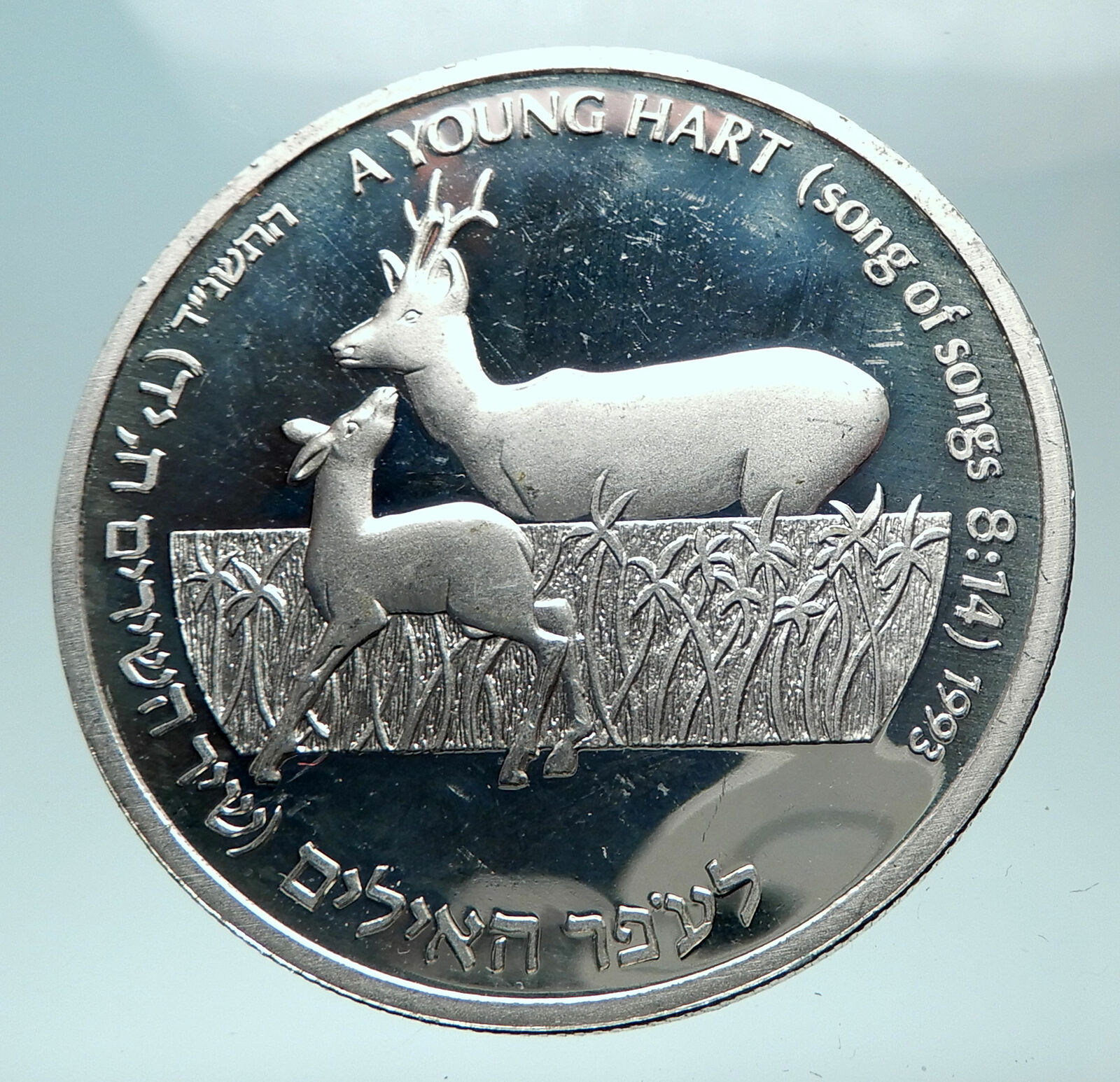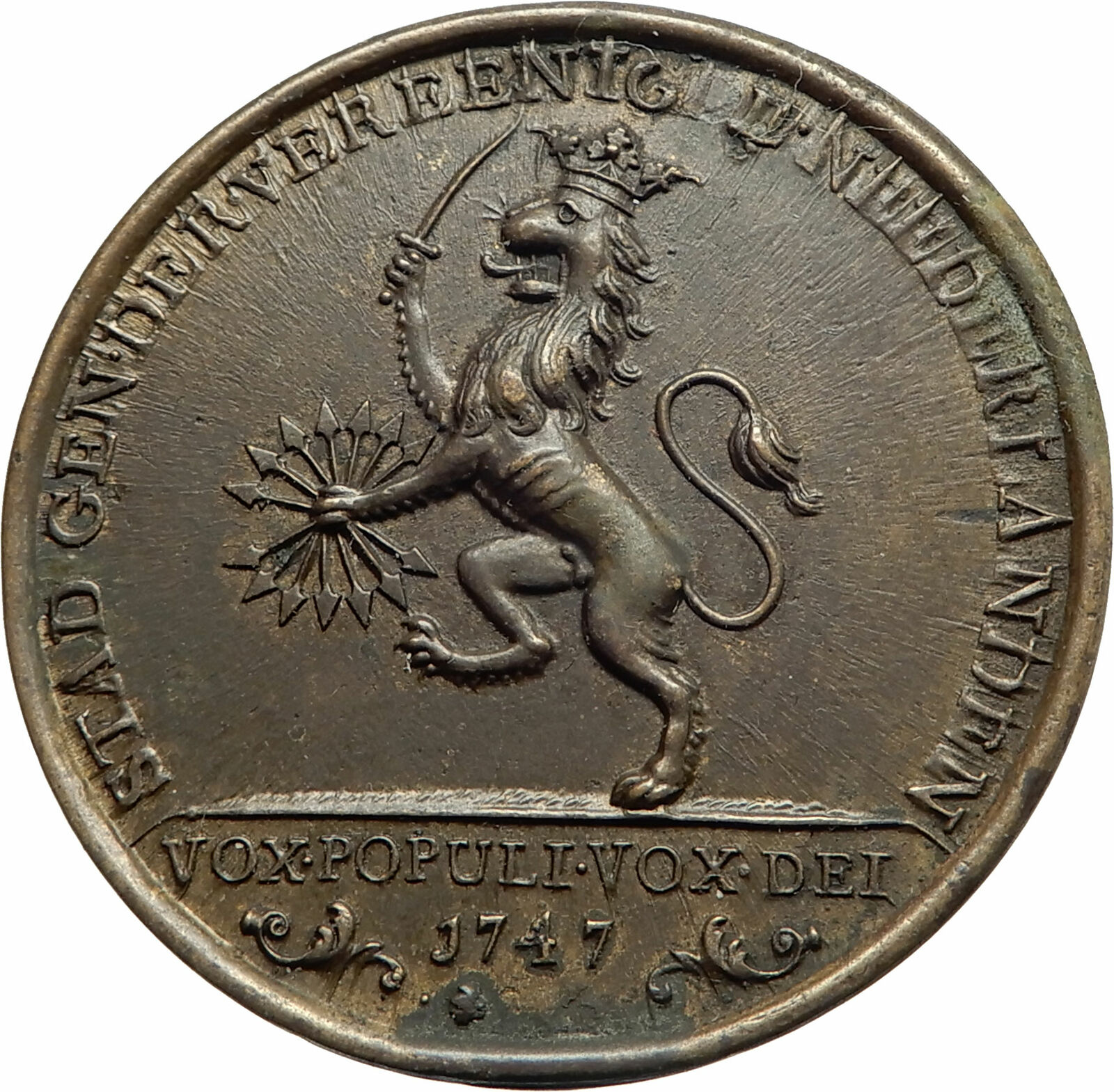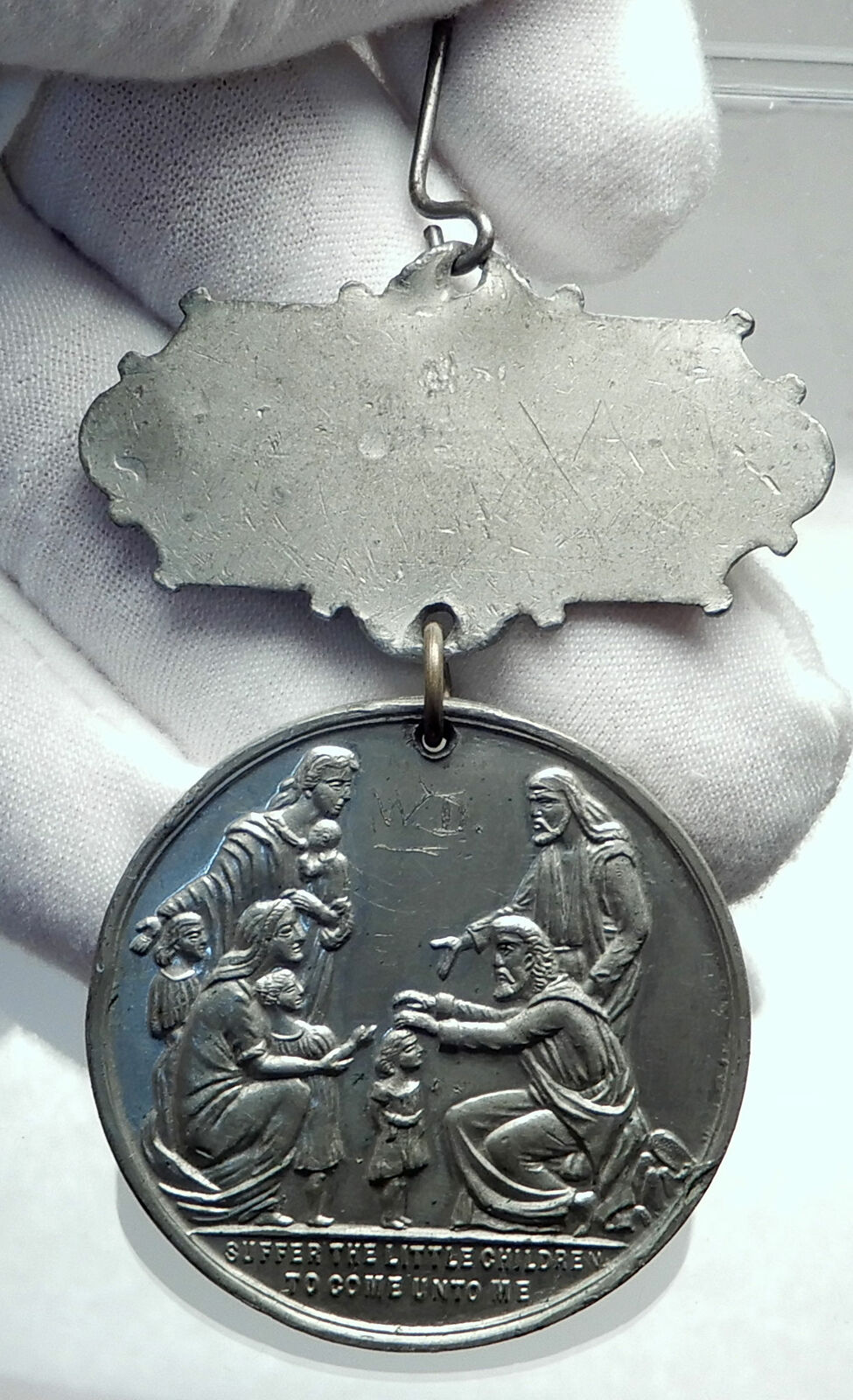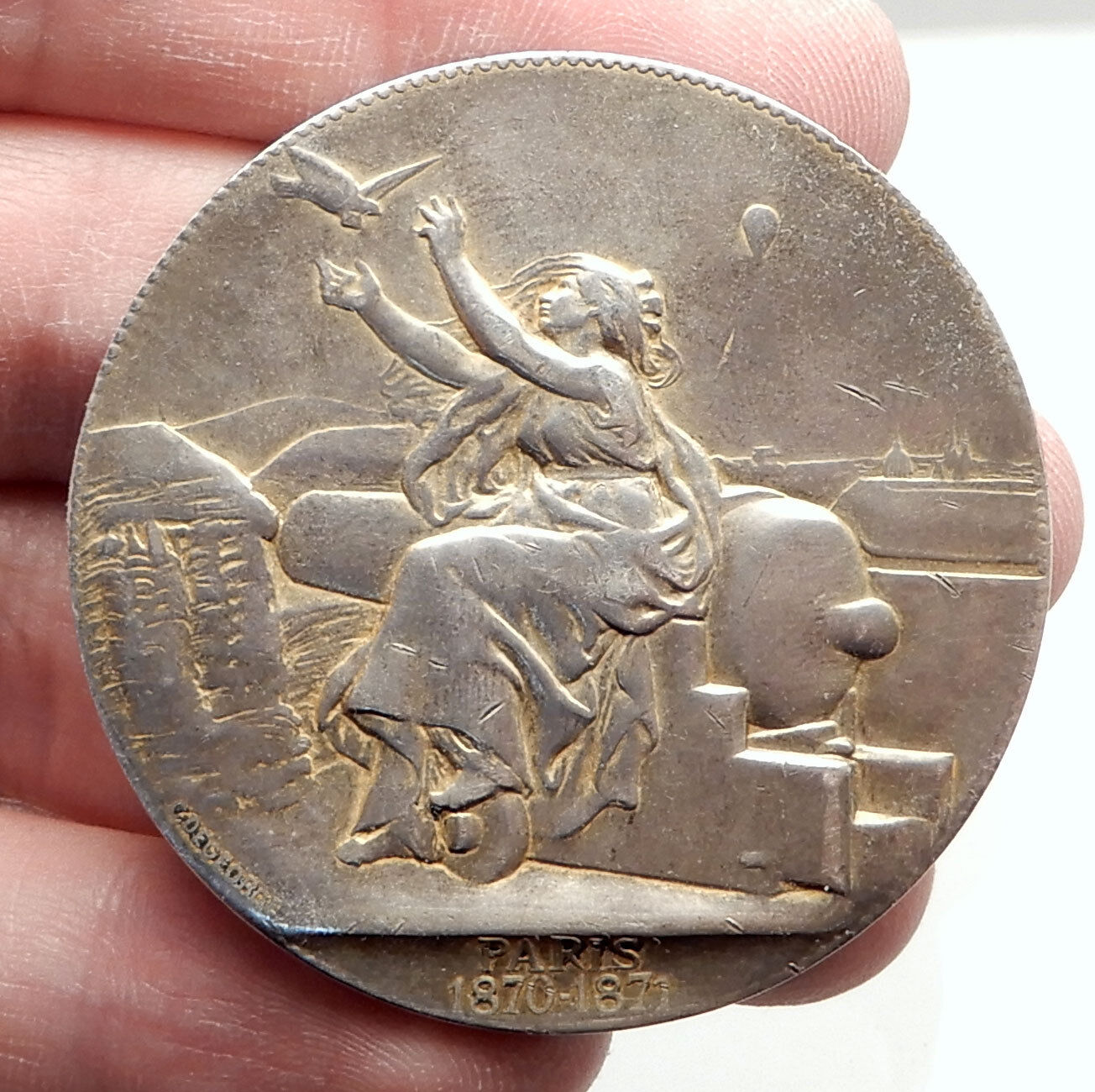|
Netherlands
Amsterdam International Colonial nad Export Trade Exhibition
1883 Bronze Medal 50mm (57.77 g)
TENTOONSTELLING AMSTERDAM 1883, Building with two towers and elephants.
HERINNERING AAN DE INTERNATIONALE KOLONIALE EN UITVOERHANDEL TENTOONSTELLING AMSTERDAM 1883.
You are bidding on the exact item pictured, provided with a Certificate of Authenticity and Lifetime Guarantee of Authenticity.
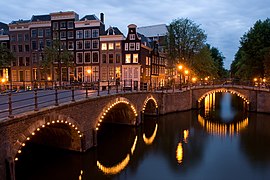 Amsterdam is the capital and most populous city of the Netherlands, with a population of 866,737 within the city proper, 1,380,872 in the urban area, and 2,410,960 in the metropolitan area. Amsterdam is in the province of North Holland. Amsterdam is the capital and most populous city of the Netherlands, with a population of 866,737 within the city proper, 1,380,872 in the urban area, and 2,410,960 in the metropolitan area. Amsterdam is in the province of North Holland.
Amsterdam’s name derives from Amstelredamme, indicative of the city’s origin around a dam in the river Amstel. Originating as a small fishing village in the late 12th century, Amsterdam became one of the most important ports in the world in the Dutch Golden Age of the 17th century and became the leading centre for finance and trade. In the 19th and 20th centuries, the city expanded, and many new neighbourhoods and suburbs were planned and built. The 17th-century canals of Amsterdam and the 19-20th century Defence Line of Amsterdam are on the UNESCO World Heritage List. Sloten, annexed in 1921 by the municipality of Amsterdam, is the oldest part of the city, dating to the 9th century.
 As the commercial capital of the Netherlands and one of the top financial centres in Europe, Amsterdam is considered an alpha- world city by the Globalization and World Cities (GaWC) study group. The city is also the cultural capital of the Netherlands. Many large Dutch institutions have their headquarters there, including Philips, AkzoNobel, TomTom and ING. Also, many of the world’s largest companies are based in Amsterdam or established their European headquarters in the city, such as leading technology companies Uber, Netflix and Tesla. In 2012, Amsterdam was ranked the second best city to live in by the Economist Intelligence Unit (EIU) and 12th globally on quality of living for environment and infrastructure by Mercer. The city was ranked 4th place globally as top tech hub in the Savills Tech Cities 2019 report (2nd in Europe), and 3rd in innovation by Australian innovation agency 2thinknow in their Innovation Cities Index 2009. The Port of Amsterdam is the fifth largest in Europe. Famous Amsterdam residents include the diarist Anne Frank, artists Rembrandt and Van Gogh, and philosopher Baruch Spinoza. As the commercial capital of the Netherlands and one of the top financial centres in Europe, Amsterdam is considered an alpha- world city by the Globalization and World Cities (GaWC) study group. The city is also the cultural capital of the Netherlands. Many large Dutch institutions have their headquarters there, including Philips, AkzoNobel, TomTom and ING. Also, many of the world’s largest companies are based in Amsterdam or established their European headquarters in the city, such as leading technology companies Uber, Netflix and Tesla. In 2012, Amsterdam was ranked the second best city to live in by the Economist Intelligence Unit (EIU) and 12th globally on quality of living for environment and infrastructure by Mercer. The city was ranked 4th place globally as top tech hub in the Savills Tech Cities 2019 report (2nd in Europe), and 3rd in innovation by Australian innovation agency 2thinknow in their Innovation Cities Index 2009. The Port of Amsterdam is the fifth largest in Europe. Famous Amsterdam residents include the diarist Anne Frank, artists Rembrandt and Van Gogh, and philosopher Baruch Spinoza.
The Amsterdam Stock Exchange is the oldest stock exchange in the world. Amsterdam’s main attractions include its historic canals, the Rijksmuseum, the Van Gogh Museum, the Stedelijk Museum, Hermitage Amsterdam, the Concertgebouw, the Anne Frank House, the Scheepvaartmuseum, the Amsterdam Museum, the Heineken Experience, the Royal Palace of Amsterdam, Natura Artis Magistra, Hortus Botanicus Amsterdam, NEMO, the red-light district and many cannabis coffee shops. They draw more than 5 million international visitors annually. The city is also well known for its nightlife and festival activity; several of its nightclubs (Melkweg, Paradiso) are among the world’s most famous. It is also one of the world’s most multicultural cities, with at least 177 nationalities represented.
 .svg/220px-Kingdom_of_the_Netherlands_(orthographic_projection).svg.png) The Kingdom of the Netherlands, commonly known as the Netherlands, is a sovereign state and constitutional monarchy with territory in western Europe and in the Caribbean. The Kingdom of the Netherlands, commonly known as the Netherlands, is a sovereign state and constitutional monarchy with territory in western Europe and in the Caribbean.
 The four parts of the Kingdom – Aruba, Curaçao, Sint Maarten and the Netherlands – are constituent countries (landen in Dutch) and participate on a basis of equality as partners in the Kingdom. In practice, however, most of the Kingdom affairs are administered by the Netherlands – which comprises roughly 98% of the Kingdom’s land area and population – on behalf of the entire Kingdom. Consequently, the countries of Aruba, Curaçao, and Sint Maarten are dependent on the Netherlands for matters like foreign policy and defence, although they are autonomous to a certain degree with their own parliaments. The four parts of the Kingdom – Aruba, Curaçao, Sint Maarten and the Netherlands – are constituent countries (landen in Dutch) and participate on a basis of equality as partners in the Kingdom. In practice, however, most of the Kingdom affairs are administered by the Netherlands – which comprises roughly 98% of the Kingdom’s land area and population – on behalf of the entire Kingdom. Consequently, the countries of Aruba, Curaçao, and Sint Maarten are dependent on the Netherlands for matters like foreign policy and defence, although they are autonomous to a certain degree with their own parliaments.
The vast majority in land area of the constituent country of the Netherlands (as well as the Kingdom) is located in Europe, with the exception of the Caribbean Netherlands: its three special municipalities (Bonaire, Saba, and Sint Eustatius) that are located in the Caribbean. The constituent countries of Aruba, Curaçao, and Sint Maarten are located in the Caribbean as well.
|




 Amsterdam is the capital and most populous city of the Netherlands, with a population of 866,737 within the city proper, 1,380,872 in the urban area, and 2,410,960 in the metropolitan area. Amsterdam is in the province of North Holland.
Amsterdam is the capital and most populous city of the Netherlands, with a population of 866,737 within the city proper, 1,380,872 in the urban area, and 2,410,960 in the metropolitan area. Amsterdam is in the province of North Holland. As the commercial capital of the Netherlands and one of the top financial centres in Europe, Amsterdam is considered an alpha- world city by the Globalization and World Cities (GaWC) study group. The city is also the cultural capital of the Netherlands. Many large Dutch institutions have their headquarters there, including Philips, AkzoNobel, TomTom and ING. Also, many of the world’s largest companies are based in Amsterdam or established their European headquarters in the city, such as leading technology companies Uber, Netflix and Tesla. In 2012, Amsterdam was ranked the second best city to live in by the Economist Intelligence Unit (EIU) and 12th globally on quality of living for environment and infrastructure by Mercer. The city was ranked 4th place globally as top tech hub in the Savills Tech Cities 2019 report (2nd in Europe), and 3rd in innovation by Australian innovation agency 2thinknow in their Innovation Cities Index 2009. The Port of Amsterdam is the fifth largest in Europe. Famous Amsterdam residents include the diarist Anne Frank, artists Rembrandt and Van Gogh, and philosopher Baruch Spinoza.
As the commercial capital of the Netherlands and one of the top financial centres in Europe, Amsterdam is considered an alpha- world city by the Globalization and World Cities (GaWC) study group. The city is also the cultural capital of the Netherlands. Many large Dutch institutions have their headquarters there, including Philips, AkzoNobel, TomTom and ING. Also, many of the world’s largest companies are based in Amsterdam or established their European headquarters in the city, such as leading technology companies Uber, Netflix and Tesla. In 2012, Amsterdam was ranked the second best city to live in by the Economist Intelligence Unit (EIU) and 12th globally on quality of living for environment and infrastructure by Mercer. The city was ranked 4th place globally as top tech hub in the Savills Tech Cities 2019 report (2nd in Europe), and 3rd in innovation by Australian innovation agency 2thinknow in their Innovation Cities Index 2009. The Port of Amsterdam is the fifth largest in Europe. Famous Amsterdam residents include the diarist Anne Frank, artists Rembrandt and Van Gogh, and philosopher Baruch Spinoza. 
.svg/220px-Kingdom_of_the_Netherlands_(orthographic_projection).svg.png) The Kingdom of the Netherlands, commonly known as the Netherlands, is a sovereign state and constitutional monarchy with territory in western Europe and in the Caribbean.
The Kingdom of the Netherlands, commonly known as the Netherlands, is a sovereign state and constitutional monarchy with territory in western Europe and in the Caribbean. The four parts of the Kingdom – Aruba, Curaçao, Sint Maarten and the Netherlands – are constituent countries (landen in Dutch) and participate on a basis of equality as partners in the Kingdom. In practice, however, most of the Kingdom affairs are administered by the Netherlands – which comprises roughly 98% of the Kingdom’s land area and population – on behalf of the entire Kingdom. Consequently, the countries of Aruba, Curaçao, and Sint Maarten are dependent on the Netherlands for matters like foreign policy and defence, although they are autonomous to a certain degree with their own parliaments.
The four parts of the Kingdom – Aruba, Curaçao, Sint Maarten and the Netherlands – are constituent countries (landen in Dutch) and participate on a basis of equality as partners in the Kingdom. In practice, however, most of the Kingdom affairs are administered by the Netherlands – which comprises roughly 98% of the Kingdom’s land area and population – on behalf of the entire Kingdom. Consequently, the countries of Aruba, Curaçao, and Sint Maarten are dependent on the Netherlands for matters like foreign policy and defence, although they are autonomous to a certain degree with their own parliaments.

